Table of Contents
Introduction to Facility Maintenance
Facility maintenance is the backbone of operational efficiency for any organization. From commercial properties to educational institutions and healthcare environments, a well-maintained facility ensures a safe, comfortable, and functional workplace for all occupants. In recent years, facility maintenance companies have adapted to growing complexities, offering comprehensive services that blend routine upkeep with preventative and predictive measures. This evolution not only minimizes risks but also boosts long-term value. By proactively addressing potential issues, these companies help extend the lifespan of assets and reduce costly unexpected repairs.
The Link Between Maintenance and Productivity
Productivity is deeply connected to the reliability and quality of a facility’s infrastructure. Studies suggest that buildings with consistent preventative maintenance experience fewer disruptions, reducing costly downtime and unplanned expenses. When electrical systems, plumbing, and essential infrastructure are well maintained, employees can focus on their work without frequent interruptions. This creates an environment where productivity can thrive, and operational costs stay manageable.
Technological Advancements in Facility Upkeep
The rise of automation and the Internet of Things (IoT) has transformed how facility managers approach their responsibilities. Sensors, smart meters, and connected systems now provide valuable data, allowing teams to monitor building conditions in real-time and schedule repairs proactively. Smart building technologies are enabling facilities to optimize resources and maximize efficiency, as highlighted by industry trends tracked in recent news reports on building automation. Additionally, advances in HVAC systems are reducing energy consumption while creating healthier indoor environments. These integrated solutions are crucial for achieving ambitious sustainability goals and enhancing occupant comfort in modern structures. Ultimately, these technological advancements are ushering in a new era of predictive and efficient facility management.
Integrating Systems for Seamless Operation
The integration of facility systems is now essential for optimal operation. Centralized platforms bring together lighting, security, energy management, and equipment maintenance, allowing teams to act quickly when potential issues arise. This results in quicker response times, better resource allocation, and increased transparency. When systems work together, facility managers can anticipate problems and prevent disruptions before they occur, reinforcing business continuity.
Overcoming Common Maintenance Challenges
Even the most well-prepared organizations face hurdles in facility upkeep. Challenges like aging infrastructure, tight budgets, and limited skilled labor can impede maintenance efforts. However, modern strategies emphasize proactive staff education, gradual implementation of new technologies, and partnering with service vendors to bridge gaps in expertise. These approaches help companies maintain high standards without overextending their resources.
Sustainability and Environmental Impact
Sustainability is now a core consideration in facility management. Eco-friendly practices benefit the environment and often result in cost savings. Implementing high-efficiency lighting, automated water systems, and resource optimization tools helps facilities meet regulatory requirements and achieve green certifications. As experts on the future of green facility management observe, sustainable maintenance ensures efficient operation and contributes positively to community well-being.
Preparing for the Future of Facility Maintenance
Staying competitive requires organizations to invest in staff training and adaptability as technologies evolve. Facility maintenance teams that prioritize innovation can respond to changes efficiently and remain resilient in the face of uncertainty. Proactive planning, ongoing professional development, and leveraging the latest technologies will prepare businesses for continued success and operational stability as maintenance needs advance.


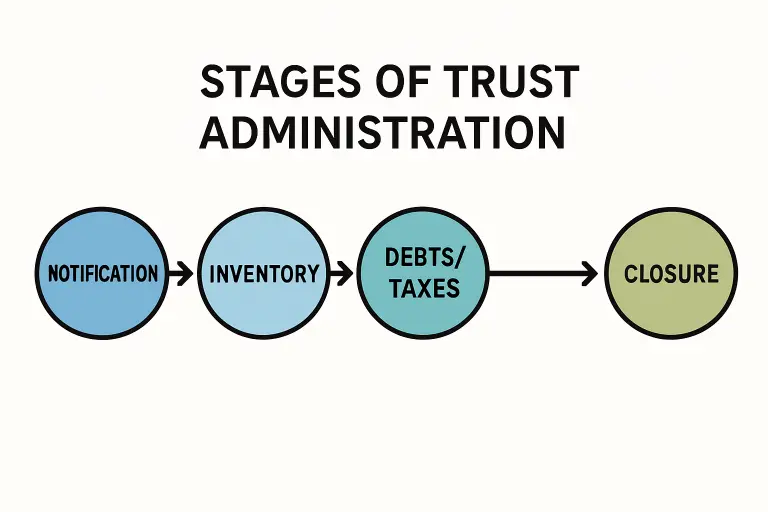



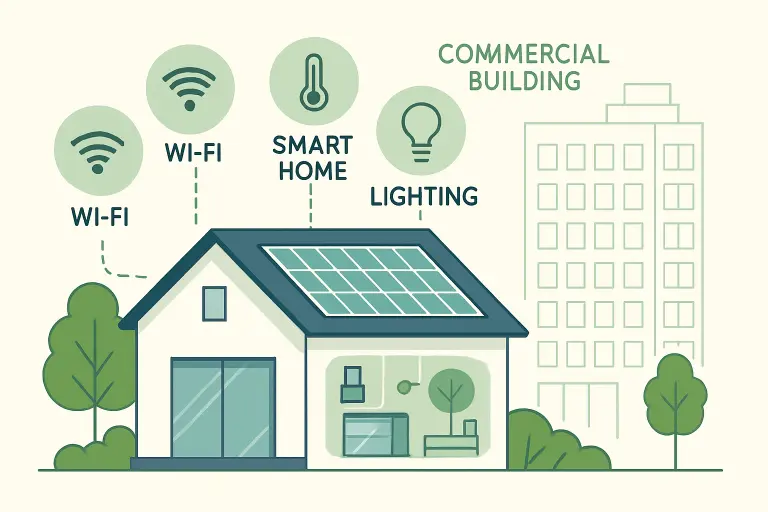











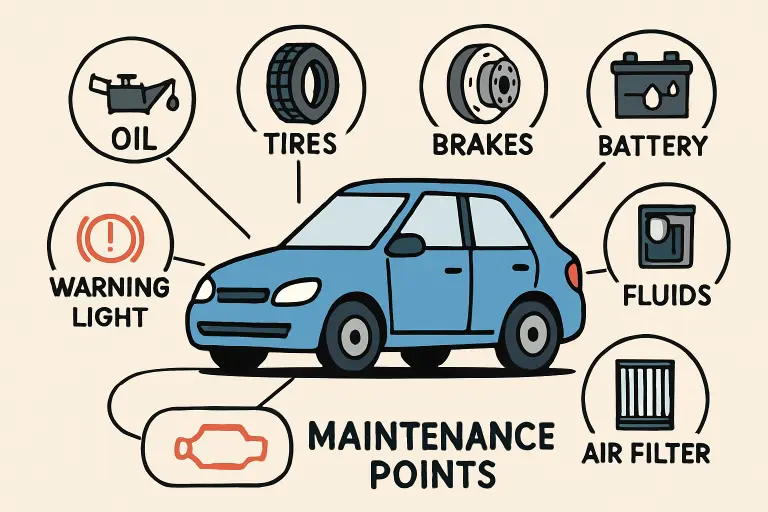











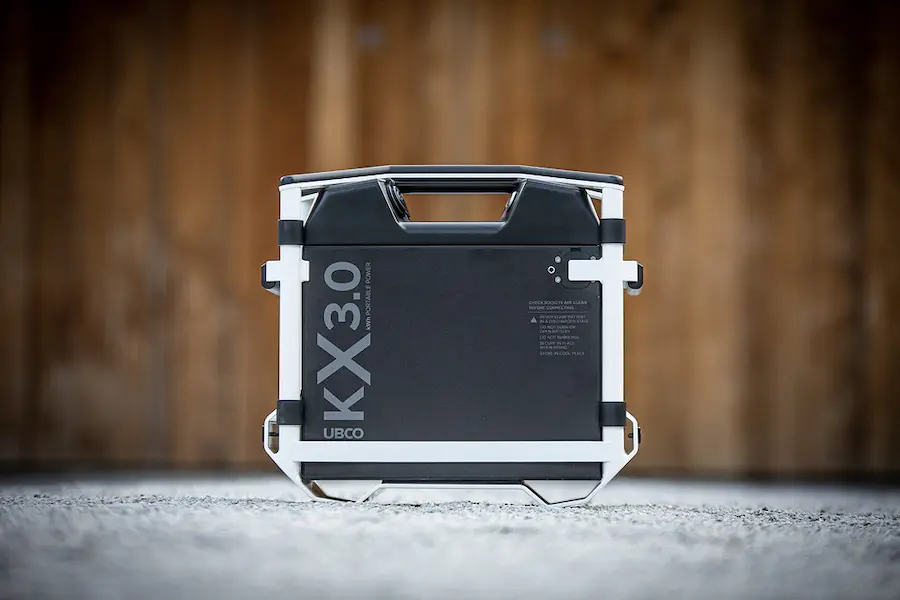

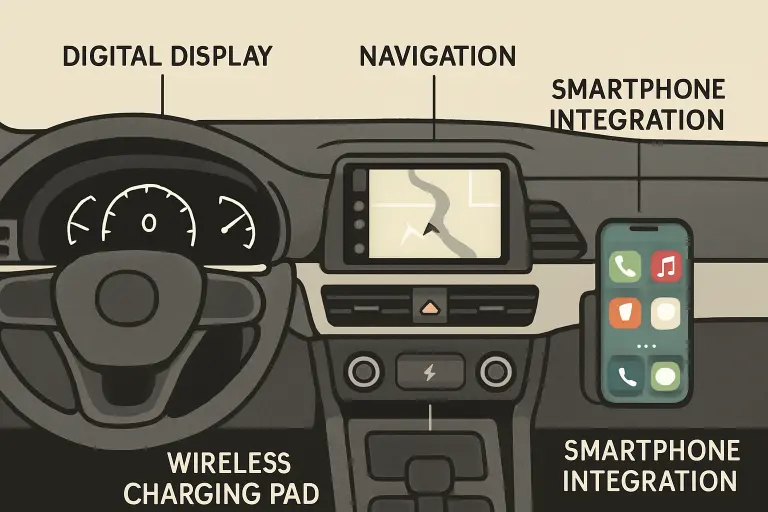







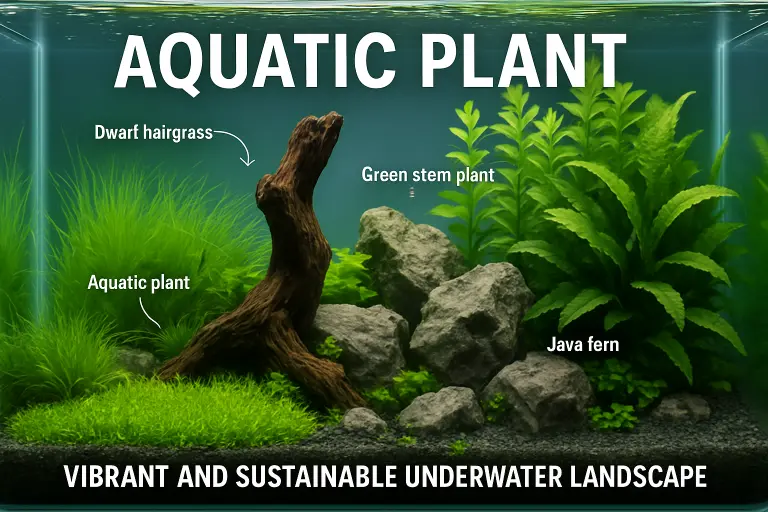






















































































































































































































































































































































































































































































































































































































































































































































































































































































































































































































































































































































































































0